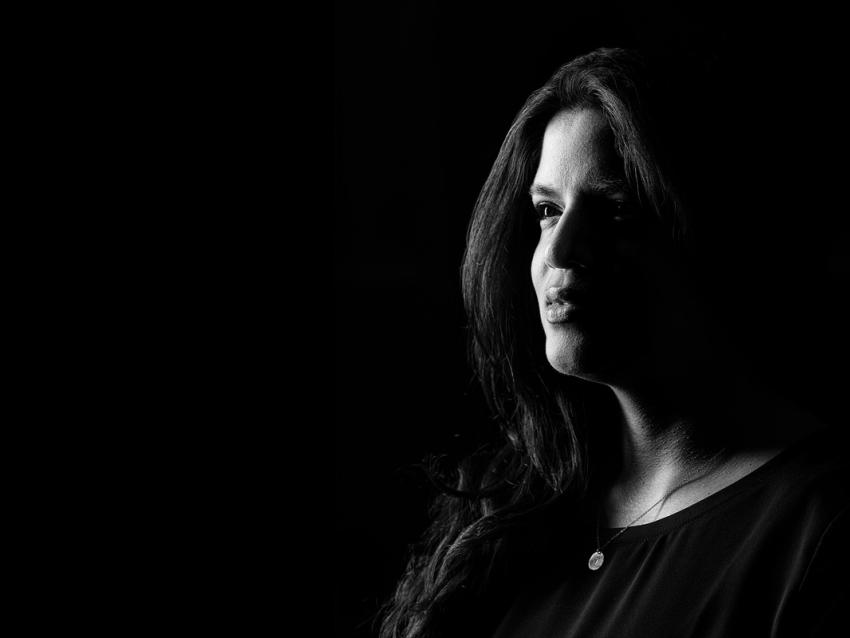
Shining a Light on Cancer & Health Inequities Part V: Dr. Jean Edward & Financial Literacy
When Dr. Jean Edward immigrated to the United States as a 17-year-old from Sri Lanka, she envisioned “a rosy, free world where everyone was kind to one another and got along.” But she quickly realized how inequity permeated the fabric of American life, starting with skin color and reaching into many aspects of society.
After she started her career as a nurse in critical care, Dr. Edward saw how these inequities affected the health care system, especially access to care and affordability, and she wanted to do something about it. She noted the particular difficulties faced by cancer patients, who often must undergo long, expensive treatment and frequently have to stop working or cut back on their hours. The same is often true for their caregivers.
“There’s a direct link between financial hardships and mortality that is seen more frequently among our cancer patients compared to those with other chronic illnesses, because cancer is one of the costliest diseases to deal with,” says Dr. Edward. “It’s a concept called financial toxicity, and we need to do more about it.”
Dr. Edward, who is also a member of the College’s CHANGE research team, is currently working on implementing two different financial navigation programs for hematology oncology pediatric patients at the Kentucky Children’s Hospital DanceBlue clinic and adult patients at Markey Cancer Center.
“Our DanceBlue clinic program also incorporates a medical-legal partnership, which allows us to help address financial, social and legal needs of our patients and their families,” she says. “Both of these programs allow us to see the immediate impact our social, financial and legal services will have on patient lives. And there’s nothing more rewarding than that.”
Read this full six-part series: Shining a Light on Health Inequities & Cancer: Nurse researchers are helping vulnerable populations battle the deadly disease
